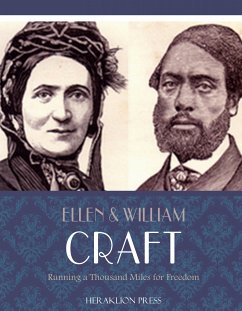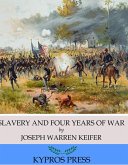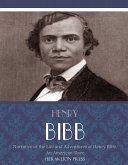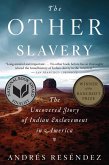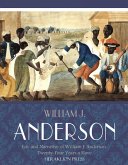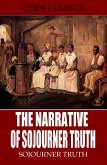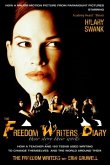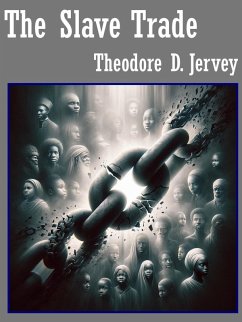Ellen and William Craft were married slaves from Georgia who escaped to the North in 1848 through train and steamboat. Ellen and William later moved to England following the Fugitive Slave Act and lived their for nearly two decades. In 1860 they published Running a Thousand Miles to Freedom, a written account of their experience including details of their daring escape. This edition includes a table of contents.
Dieser Download kann aus rechtlichen Gründen nur mit Rechnungsadresse in A, B, BG, CY, CZ, D, DK, EW, E, FIN, F, GR, H, IRL, I, LT, L, LR, M, NL, PL, P, R, S, SLO, SK ausgeliefert werden.

